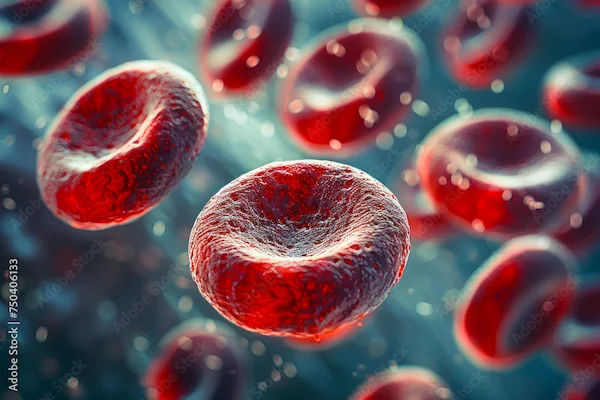Role of Artificial Intelligence in Lab Technology
Explore how Artificial Intelligence is revolutionizing lab technology. Learn about AI's role in diagnostics, automation, drug discovery, and data analysis.

Written by Dr. Shaik Abdul Kalam
Reviewed by Dr. Rohinipriyanka Pondugula MBBS
Last updated on 13th Jan, 2026

Introduction
In today’s fastpaced world, technology is transforming every aspect of our lives—including healthcare. One of the most exciting advancements is the use of Artificial Intelligence (AI) in lab technology. If you’ve ever had a blood test, a biopsy, or any other lab test, AI is now playing a crucial role in making these processes faster, more accurate, and more efficient.
But what does this mean for you as a patient? How does AI impact your test results and overall healthcare experience? Let’s break it down in simple terms.
What is Artificial Intelligence in Lab Technology?
AI refers to computer systems that can perform tasks that usually require human intelligence—like recognizing patterns, analyzing data, and making decisions. In lab technology, AI helps:
Analyze test results more accurately and quickly.
Detect diseases (like cancer or infections) at an early stage.
Reduce human errors in lab reports.
Speed up diagnosis, so you get results faster.
How Does AI Improve Lab Testing?
1. Faster and More Accurate Diagnoses
Traditionally, lab technicians manually examine samples under microscopes, which can be time-consuming. AIpowered machines can analyze thousands of samples in minutes, detecting abnormalities that might be missed by the human eye.
For example:
Pathology tests: AI can identify cancer cells in tissue samples with high precision.
Blood tests: AI algorithms can detect subtle changes in blood cell counts, helping diagnose conditions like anemia or infections early.
2. Early Detection of Diseases
AI can spot tiny changes in test results that may indicate the early stages of diseases like diabetes, heart disease, or even cancer. Early detection means earlier treatment, which can significantly improve outcomes.
3. Personalized Medicine
AI helps doctors understand how different patients respond to treatments based on their lab results. This means your treatment plan can be tailored specifically for you, improving effectiveness and reducing side effects.
4. Reducing Errors
Human errors in lab testing, though rare, can happen. AI minimizes these risks by crosschecking results and flagging inconsistencies, ensuring you get the most reliable reports.
Health topic carousel:
Doctor's speciality: General Physician
Text: Consult a General Physician for the best advice
How Does This Benefit Patients Like You?
Quicker results: No more waiting for days—AI speeds up processing.
More precise diagnoses: Fewer chances of misdiagnosis.
Better treatment plans: Personalized care based on AIdriven insights.
Early intervention: Detecting health issues before they become serious.
What Should You Know Before Getting a Lab Test?
While AI is making lab testing better, it’s still important to:
Follow your doctor’s instructions before tests (like fasting if required).
Ask questions if you don’t understand your results.
Choose trusted labs that use advanced AI technology for accurate reports.
Can You Book AI-Powered Lab Tests?
Yes! Many modern labs, including Apollo 24|7, use AIdriven technology for faster and more reliable testing. If your doctor has recommended a lab test, you can:
Book a test online through Apollo 24|7 for hasslefree scheduling.
Get home sample collection for convenience.
Receive digital reports quickly, often with AI-assisted analysis.
Final Thoughts
Artificial Intelligence is revolutionizing lab technology, making healthcare smarter and more efficient. As a patient, this means you benefit from quicker, more accurate diagnoses and better treatment plans.
If you need a lab test, consider opting for a trusted provider that uses AI for the best results. And remember, early detection through advanced lab testing can save lives!
Health topic carousel:
Doctor's speciality: General Physician
Text: Consult a General Physician for the best advice




